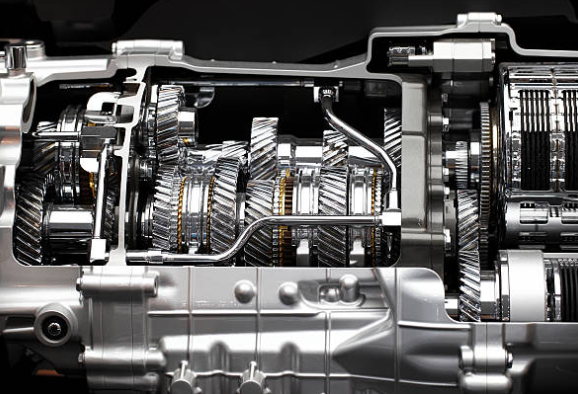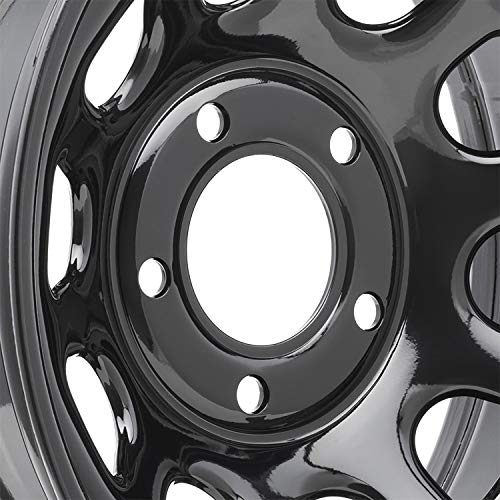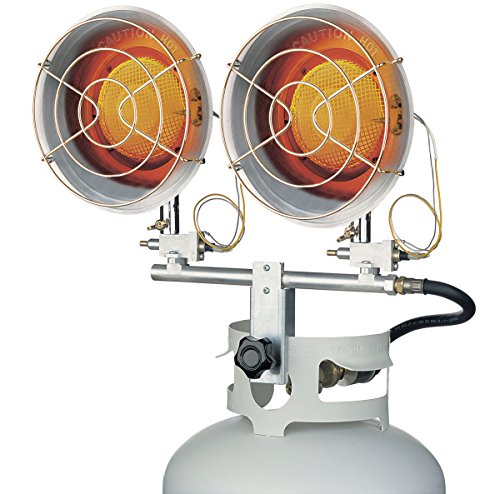What is a Fuel Gauge?
Fundamentally, a fuel gauge's purpose is to reveal the quantity of fuel within a vehicle. Yet, beyond this fundamental role exists a intricate system frequently unnoticed. This blog post endeavors to illuminate the intricacies of the fuel gauge, exploring its operations, significance, and multifaceted functions.
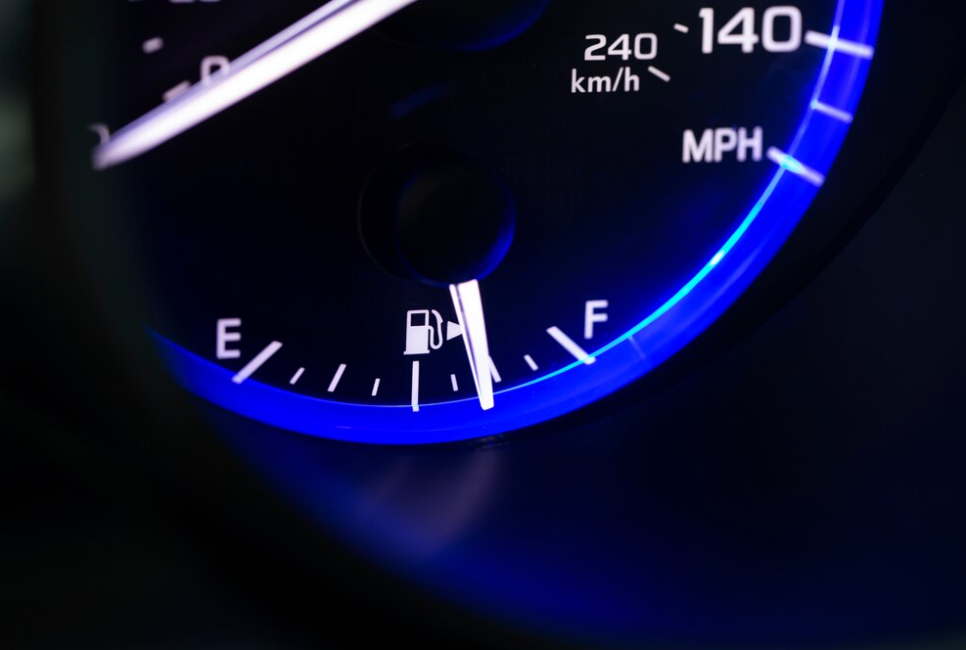
The Role of a Fuel Gauge
Envision driving along a highway, far from any available fuel stations, only to find your vehicle suddenly halting due to fuel depletion. This scenario emphasizes the vital function of a fuel gauge in our everyday travels. Offering immediate details regarding our vehicle's fuel status, the gauge empowers us to strategically plan our journeys. Lacking a reliable fuel gauge, we would lack awareness of our vehicle's fuel level, potentially leading to inconvenient or unsafe situations.
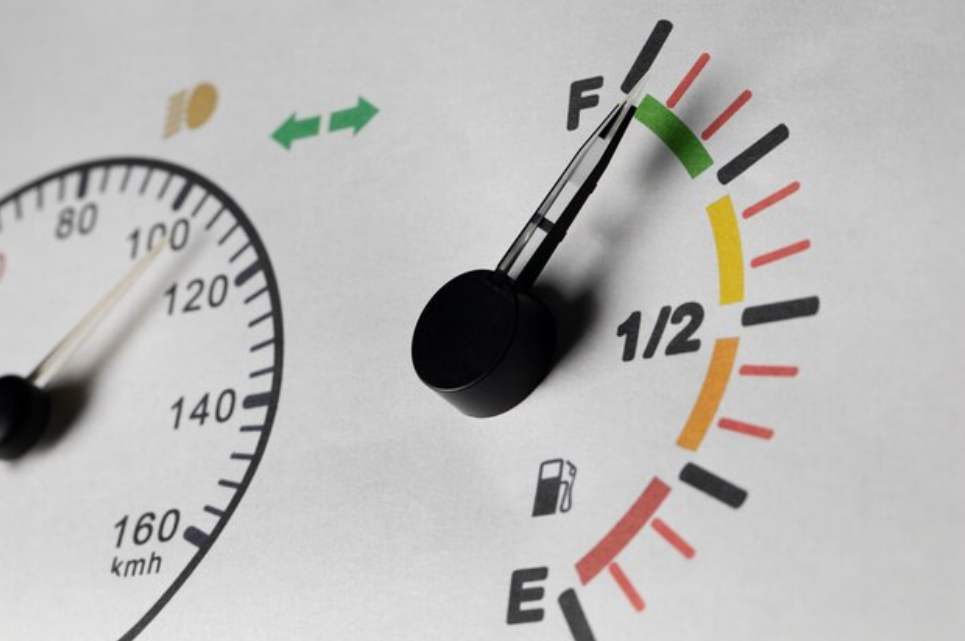
The sender unit (fuel sensor) and the gauge are the two primary parts of the fuel gauge that work together. The sender unit is housed inside the fuel tank and has a float attached to a thin metal rod. The float moves in response to changes in fuel levels, changing the resistance on a variable resistor.
This shift in resistance is then converted into a voltage reading, which the gauge interprets and presents. A full tank is indicated when the float is at its highest point, resulting in the lowest resistance. Conversely, an empty tank is signaled when the float is at its lowest point, leading to the highest resistance.
Although the operation appears straightforward, several variables, including the tank's shape, fuel type, and sender unit condition, can influence it. Consequently, while fuel gauges are typically precise, the displayed amount of remaining fuel in the tank may not always be entirely accurate.
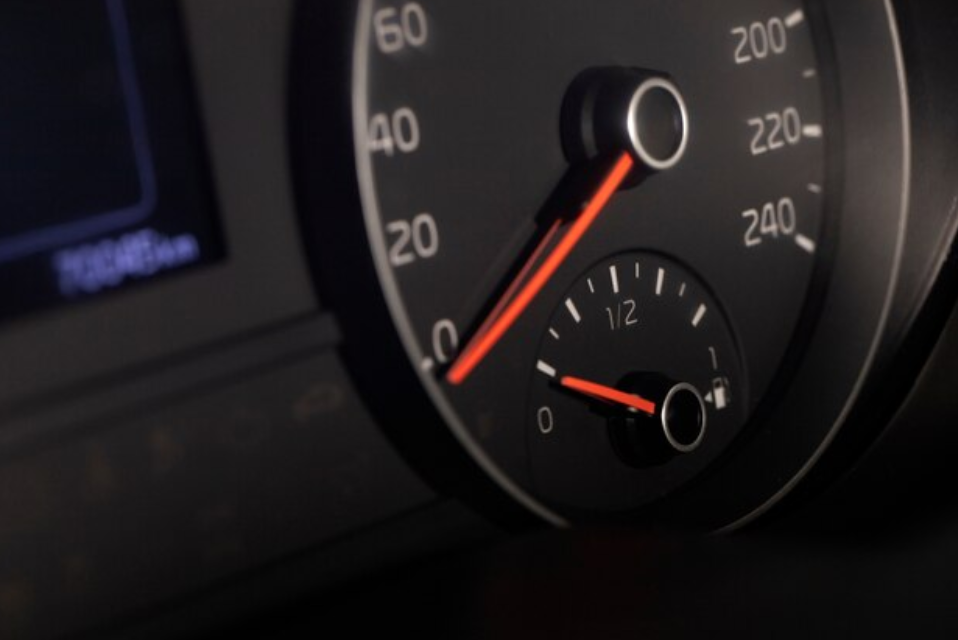
For several reasons, a gasoline gauge that functions properly is essential. First of all, it keeps track of your car's fuel level constantly, protecting you from unplanned problems brought on by low fuel. Second, by keeping an eye on your car's fuel consumption, it makes efficient management of fuel consumption possible.
Moreover, an impaired fuel gauge can signal additional challenges with the vehicle, such as issues in the electrical system or the gasoline pump. Hence, to avert potential future problems, it is recommended that you promptly arrange for inspection and necessary repairs upon detecting discrepancies in your fuel gauge readings.
-
Are there different types of fuel gauges?
Certainly! There are indeed various types of fuel gauges, including digital, electrical, and mechanical variants. Each type employs distinct mechanisms to gauge and display the fuel level.
-
How accurate are fuel gauges?
While fuel gauges are typically accurate, minor variations can occur. Accuracy may be influenced by factors like the vehicle's angle, acceleration, and deceleration. It is recommended to verify fuel levels against the actual tank capacity for enhanced precision.
Read more article here: Top 10 Angle Finders For Your Projects


